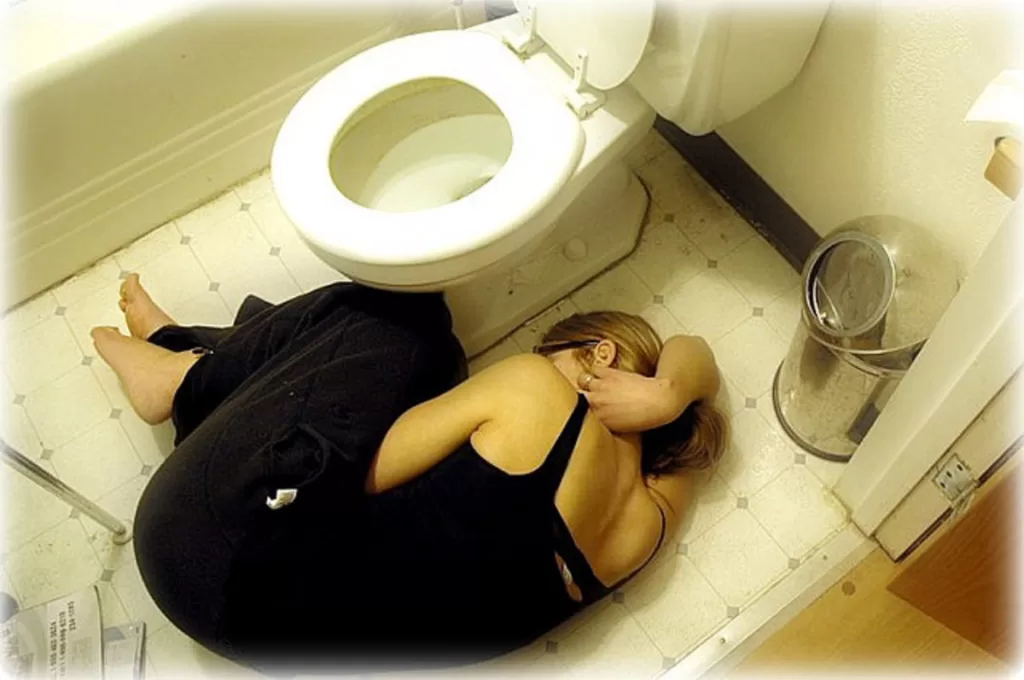Diarrhea is a bowel movement whereby you pass watery stool more frequently than normal. However it can affect anyone but it’s more common in children, the elderly, and those with medical conditions. Stool color varies depending on one’s diet. Seeking medical care is necessary if the stool has blood stains and mucous, and is black, and foul-smelling.
Types of diarrhea
- Acute – most common, last for two days. No treatment is required at times as it goes away on its own.
- Persistent – can last for several weeks.
Common causes of acute and persistent diarrhea are infections, side effects of medicines, and travelers’ diarrhea. Travelers’ diarrhea is caused by consuming food and water that is contaminated. Common in people visiting developing countries.
3. Chronic – comes and goes for a long regular period of time. Seen with people with digestive tract problems, long-term use of medicine, and abdominal surgery.
Causes
So, the most common cause is viral for instance rota-virus.
- Bacterial infection e.g. Salmonella and Escherichia coli.
- Food poisoning.
- Poor food absorption.
- Intolerance to certain foods e.g. lactose.
- Some medicine uses side effects e.g. antibiotics like erythromycin.
- Infections caused by other organisms e.g. Giardia lamblia.
Symptoms of Diarrhea
However, symptoms vary depending on the severity of the diarrhea. Common symptoms of persistent and chronic diarrhea include:
- Strong urge to have a bowel movement.
- Dehydration.
- Abdominal cramps.
- Nausea.
- weight loss.
Failure to stop diarrhea may be at risk of dehydration, malabsorption, electrolyte imbalance, kidney failure, and organ damage. One may develop symptoms like;

- Passing dark-colored urine.
- weight loss.
- Confusion and irritability.
- Lack of appetite.
- Passing very foul-smelling stool.
- Dizziness.
- No tears for infants and babies when crying.
- Reduction of skin elasticity.
- Sunken eyes and cheeks.
- Children become less active.
- Less urine than normal.
Prevention of diarrhea
- Washing of hands– should be done before eating, handling any food, and after using the toilet. This helps to improve personal hygiene especially when handling babies.
- Vaccination– infants should be given a rotavirus vaccine.
- Proper food storage– this will prevent consuming spoilt food thus preventing food poisoning. Food should also be properly cooked.
Diagnosis
- Stool test- show when if there are any parasites, red blood plus pus cells in stool.
- Endoscopy of the upper part of the small intestines.
- Colonoscopy- shows images of the colon.
Treatment
- Use of antibiotics or anti-parasitic drugs.
- Probiotic drugs- help to stop diarrhea.
- Taking a lot of fluids to prevent dehydration.
- Kenya Medical Training College, courses, requirements.
- Public Universities in Kenya
- Bay head elementary school history, enrolment, programs offered.
- How is The Lenana Boy school and location?
- The best private primary schools in Nyeri county.
- Egerton university, fees, location, courses.
- Kenya Institute of special education, courses.